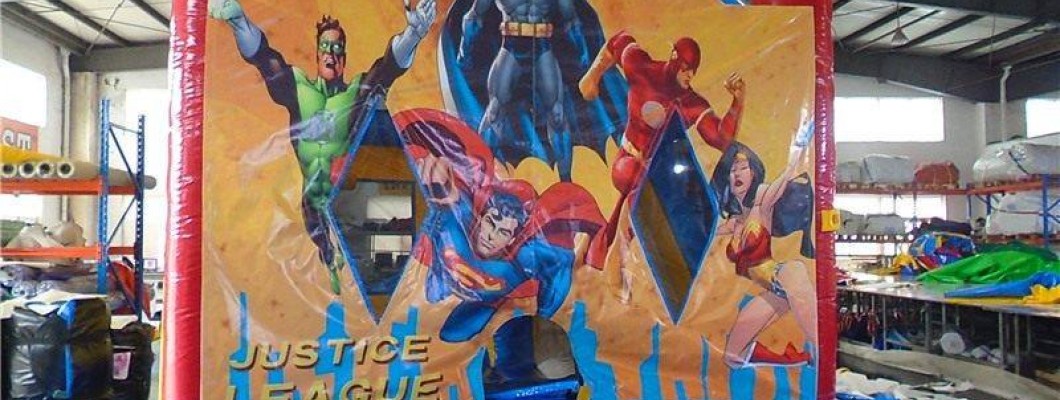
Bounce houses are a fantastic addition to any event, providing hours of entertainment for children. However, if you're considering renting or purchasing one, you might be wondering about the power requirements. Do bounce houses need special power sources, or can they be plugged into a standard outlet? Let’s explore the power needs of a typical bounce house.
Standard Power Requirements
Most residential and commercial bounce houses are powered by an electric blower, which keeps the inflatable structure inflated. The good news is that these blowers generally do not require special power sources. In most cases, a standard 120-volt household outlet is sufficient to power the blower.
Here are some key points to consider:
- Power Rating: The blower used for a bounce house typically requires between 10 and 15 amps of power. This means that the majority of standard outlets can handle the load without any issues.
- Extension Cords: If you need to use an extension cord, make sure it's a heavy-duty one that can support the blower’s power needs. A 12-gauge extension cord is usually recommended to prevent overheating or power loss.
- Dedicated Circuit: While a standard outlet usually suffices, it's best to use a dedicated circuit if possible, especially if other devices are plugged into the same circuit. This helps avoid tripping the circuit breaker.
Generator Use for Remote Locations
If you’re setting up a bounce house in a remote location where access to an electrical outlet is limited, you may need to use a generator. In this case, you should consider the following:
- Generator Size: A small generator with a power output of at least 2,000 watts should be enough to power a single bounce house blower. If you're running multiple blowers or additional equipment, you'll need a larger generator.
- Fuel Supply: Ensure you have enough fuel on hand to keep the generator running for the duration of your event. Most generators can run for several hours on a full tank of gas.
- Noise Levels: Generators can be noisy, so consider the placement to minimize disruption to your event. Some generators are designed to be quieter, which might be preferable for events with many children.
Safety Considerations
Whether you're using a standard outlet or a generator, safety should always be a priority:
- Proper Grounding: Ensure the blower and any extension cords are properly grounded to avoid electrical hazards.
- Weather Conditions: Avoid using a bounce house during rain or wet conditions, as water and electricity can be a dangerous combination.
- Supervision: Always supervise the bounce house and its power source to ensure there are no issues during operation.
Conclusion
In most cases, bounce houses do not require special power sources and can be plugged into a standard household outlet. However, if you're setting up in a location without access to electricity, a generator may be necessary. Always ensure you follow the manufacturer's guidelines and take necessary safety precautions to keep your event fun and safe for everyone.

Leave a Comment